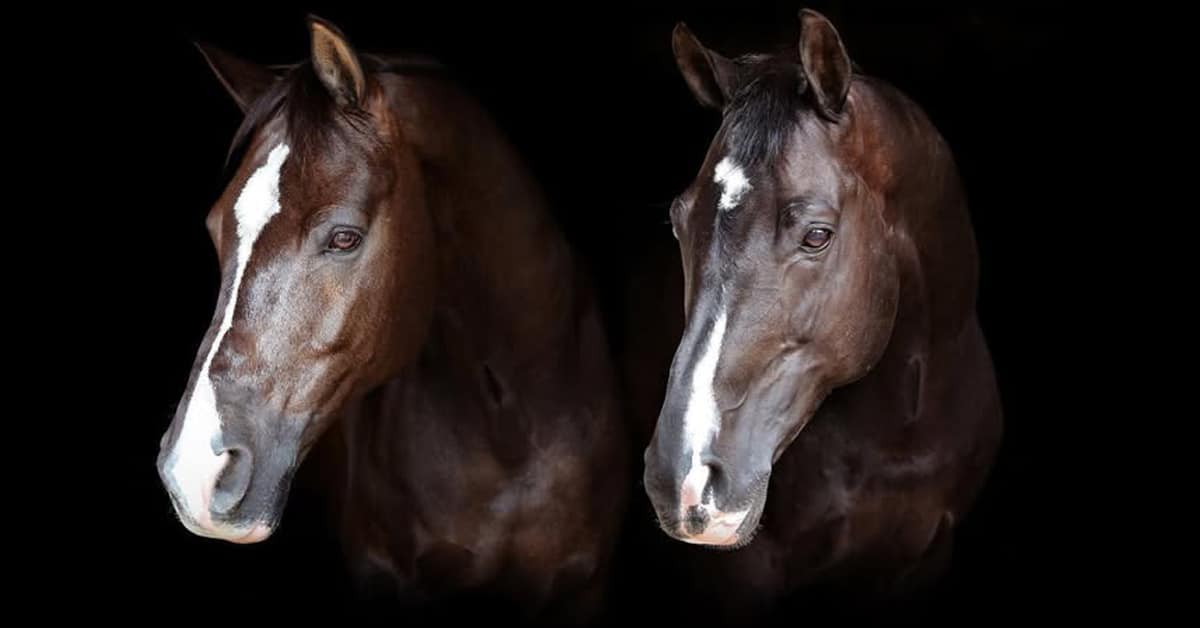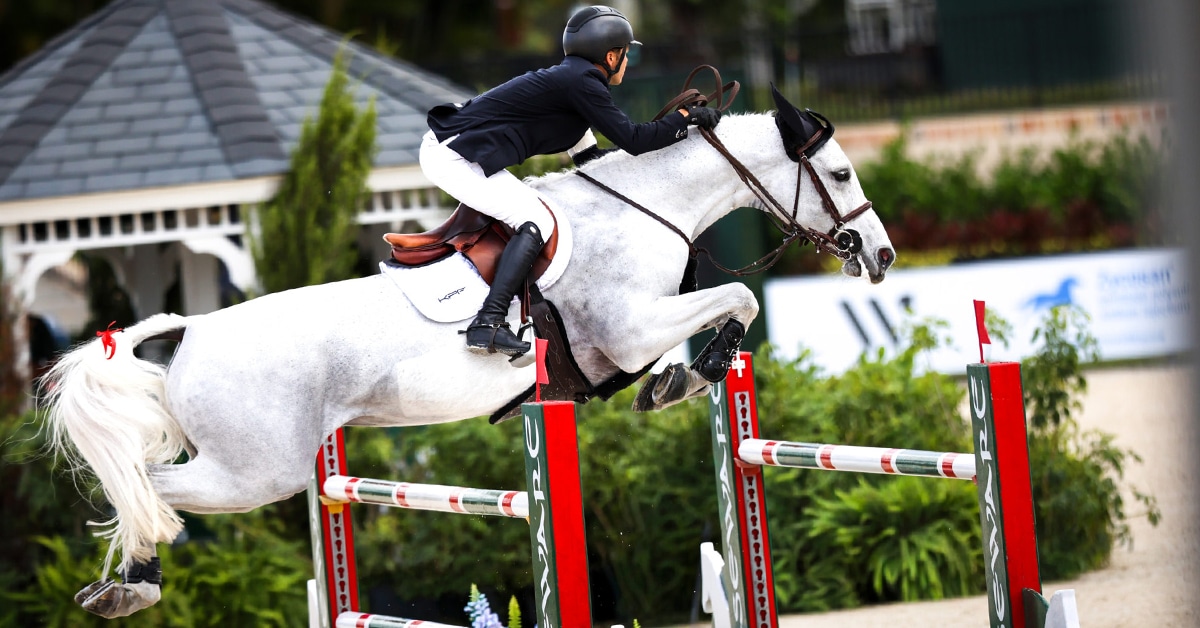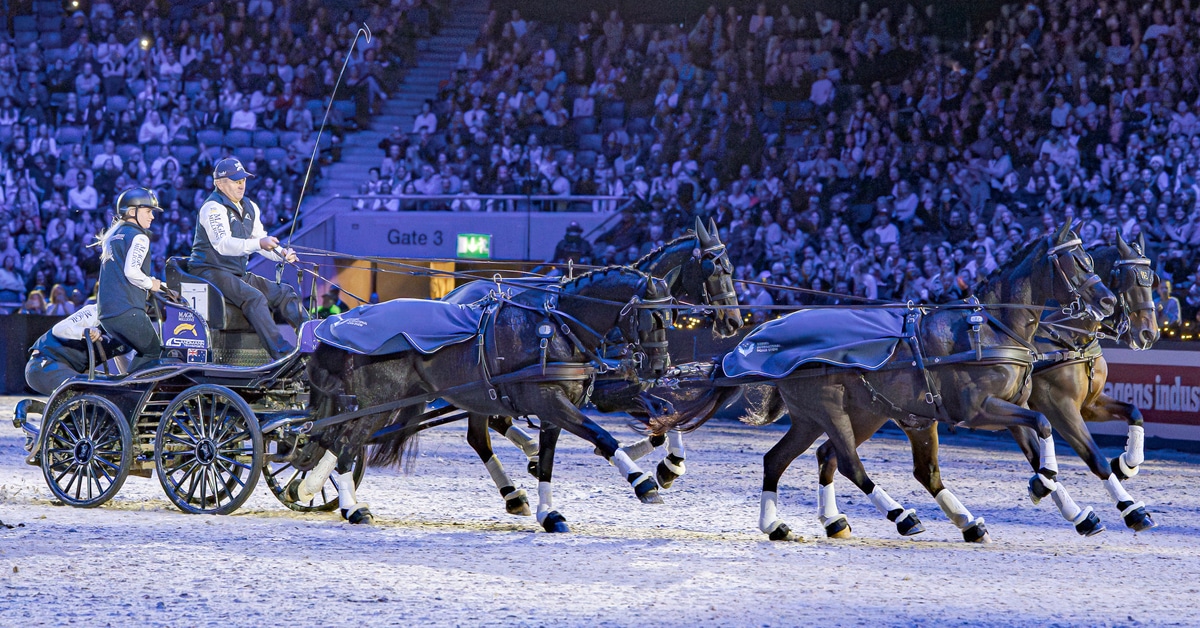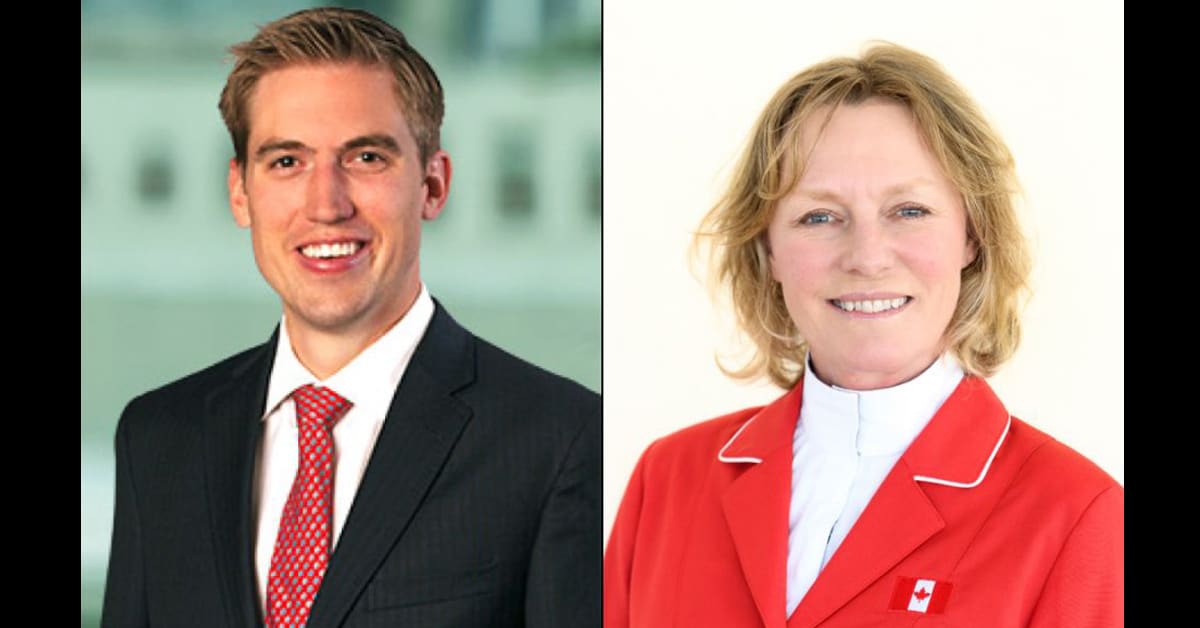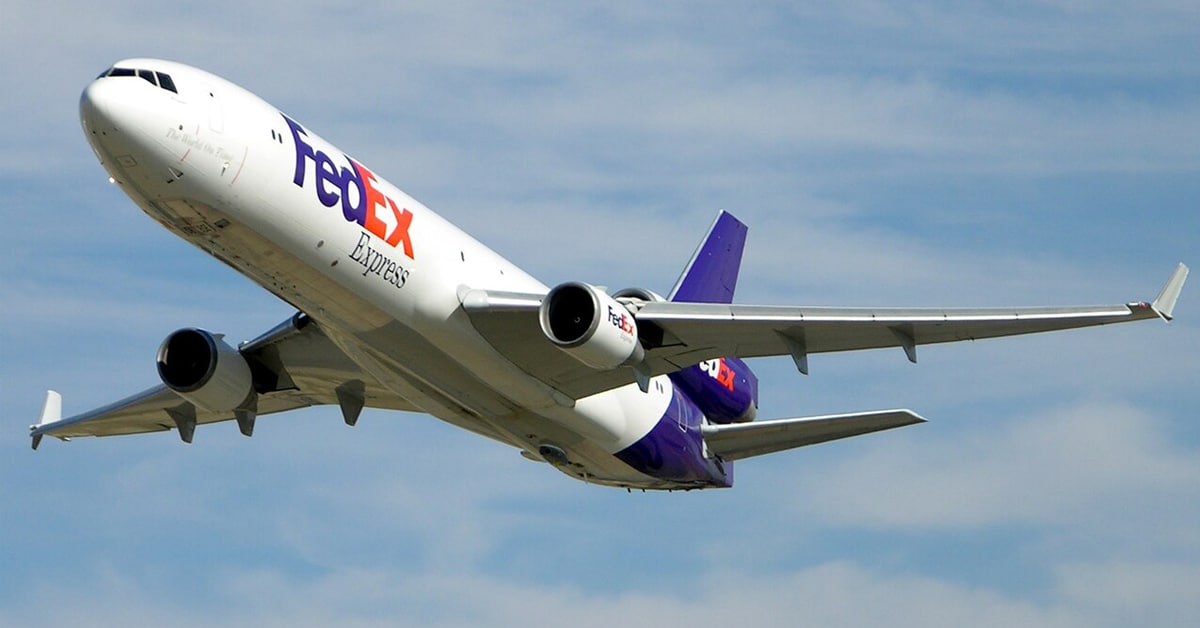Following the 2023 running of the Grand National at Aintree racecourse in the UK on April 15th, during which the 10-year-old steeplechaser Hill Sixteen died after falling at the first fence, and Envoye Special and Dark Raven sustained fatal injuries in separate races, Julie Harrington, the Chief Executive Officer of the British Horseracing Authority, commented on the organization’s website:
“Our thoughts are with everyone connected to the horses who suffered fatal injuries this week. No one will be more affected by this news than the trainers, owners and stable staff who have provided these horses with first-class care and attention throughout their lives.
“The BHA and Aintree racecourse will now analyse the races in painstaking detail, as is the case every year, to build on our existing data and help us understand what caused these incidents.
“British racing works tirelessly to improve the sport’s safety record and reduce avoidable risk. Every incident is reviewed by the BHA alongside the racecourse and other bodies. As a sport we have for years shown great determination and commitment to improve welfare standards by taking measured scientific, evidence-based, regulatory and education-based steps.
“It is for this reason that the fatal injury rate in the sport has reduced by over 1/3 in the last 20 years, to 0.2% of runners.
“We respect the right of anyone to hold views about our sport but we robustly condemn the reckless and potentially harmful actions of a handful of people in disrupting the race at a time when horses were in the parade ring.
“Those involved in British racing are rightly proud of our sport and the role it plays in providing an unparalleled quality of life for horses bred for racing. Love and respect for horses is at the heart of everything we do.
“The Grand National is and always will be an iconic sporting event and the actions of a small number of people will do nothing to diminish its huge and enduring international appeal.”
World Horse Welfare released the following statement regarding the weekend fatalities:
“Yesterday was a very sad day,” said Roly Owers, Chief Executive of World Horse Welfare, responding to the events at the three-day Grand National meet. The charity supports the responsible involvement of horses in sport and is an independent welfare advisor to horse sport regulators, including the British Horseracing Authority.
“From Aintree to television screens across the world, this year’s meet was difficult to watch. The loss of Envoye Special, Dark Raven and Hill Sixteen is heart-breaking and we offer our condolences to their connections who we know will be devastated.
“Whilst it is true that accidents can happen anywhere – and the risks can never be removed altogether – jump racing poses specific risks that it has a responsibility to relentlessly reduce wherever possible. Whilst in the immediate aftermath of these events it is a time to reflect and review what has happened, it is clear to us that despite the changes made by Aintree and racing to date, much more needs to be done.
“In practical terms, this is an urgent reminder of the need to bring work on the Jump Race Risk Model to the fore. The model is a key tool to help inform how to make this and other jump races safer. Progress on this key project has not been quick enough and this needs to change now that racing has an agreement in place with the Royal Veterinary College to help take it forward. Overall, the types of questions that need to be considered are the number of runners, how to reduce the number of fallers, how to better manage loose horses and how to better manage the start.
“No one can accept fatalities as a certainty at any race and no one, least of all anyone in racing, wants to see what we witnessed in yesterday’s Grand National.”
Meanwhile, the BBC reports that Hill Sixteen’s trainer Sandy Thompson blames lengthy delays caused by “ignorant” protesters for the death of the horse.
More News



